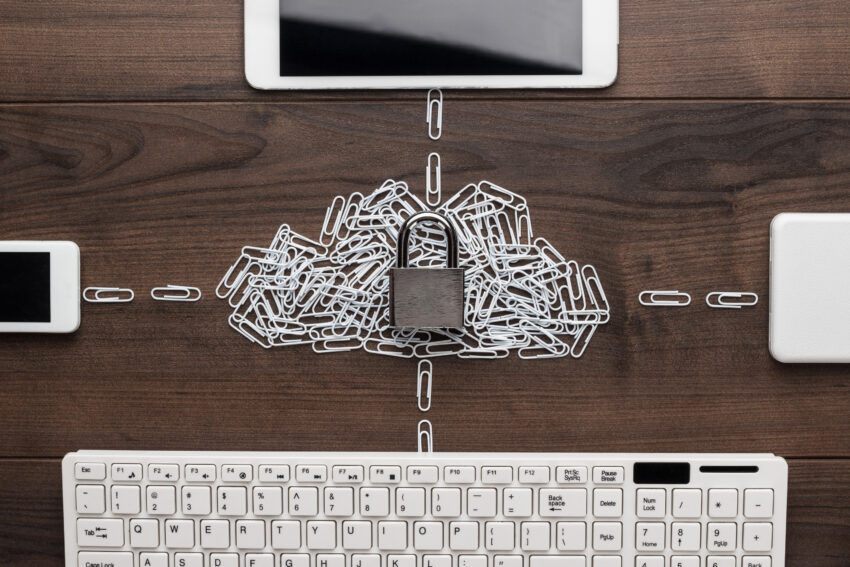It is time to tackle mobile malware head on
Hybrid working has been a game changer for people and businesses across the globe. It has accelerated the adoption of digital technologies, transformed day-to-day operational processes, and shown the world that it could function, no matter the situation.
However, a fragmented workforce adds further complexity to the threat landscape. Security teams have a multitude of new vulnerabilities to deal with and face the near-impossible task of securing multiple networks and IoT devices.
With millions of us now adopting a hybrid working model, smartphones have become a primary tool for day-to-day business transactions. According to App Annie’s State of Mobile 2022 report, users from the world’s top ten mobile markets collectively spent 3.8 trillion hours looking at their mobile devices in 2021. That is an average of 4.8 hours per day, a 30 percent increase compared to the previous two years and while the use of mobile malware is declining, mobile devices still present a significant risk to organizations. According to our Check Point research, there has been a 45 percent increase in cyberattacks since the shift to remote working, which has led to serious strain on IT teams as they look to secure users’ devices.
With such huge usage across a fragmented landscape, it is no wonder cybercriminals view mobiles as the ideal launchpad for a wide-scale attack.
Rise of vishing, smishing cyberattacks
Modern mobile devices are more powerful than ever before, with sophisticated operating systems and a wide range of applications and services. While this complexity could create more opportunities for attackers to find vulnerabilities and exploit them, manufacturers such as Apple, Samsung, and Google have developed handsets with strict security settings. This makes traditional attack methods like malware more difficult in civilian settings. It is still possible to bypass the security measures and we have seen an increase in malicious applications masquerading as legitimate products on app stores, however, many do not make it pass the download phase.
The actions of these…


